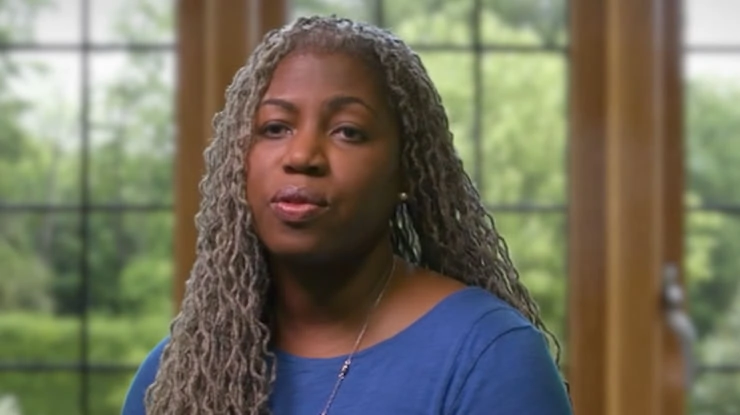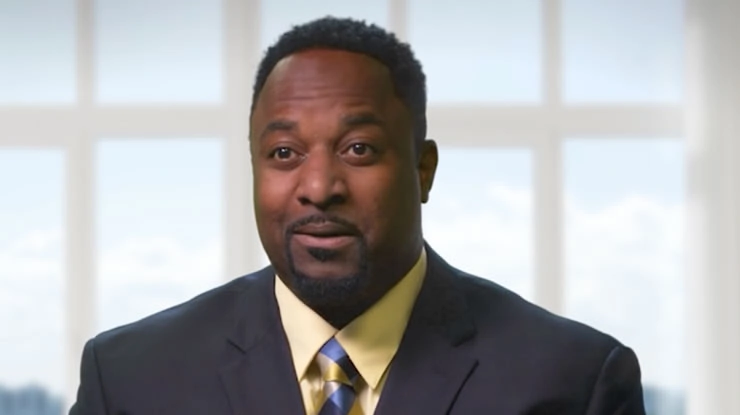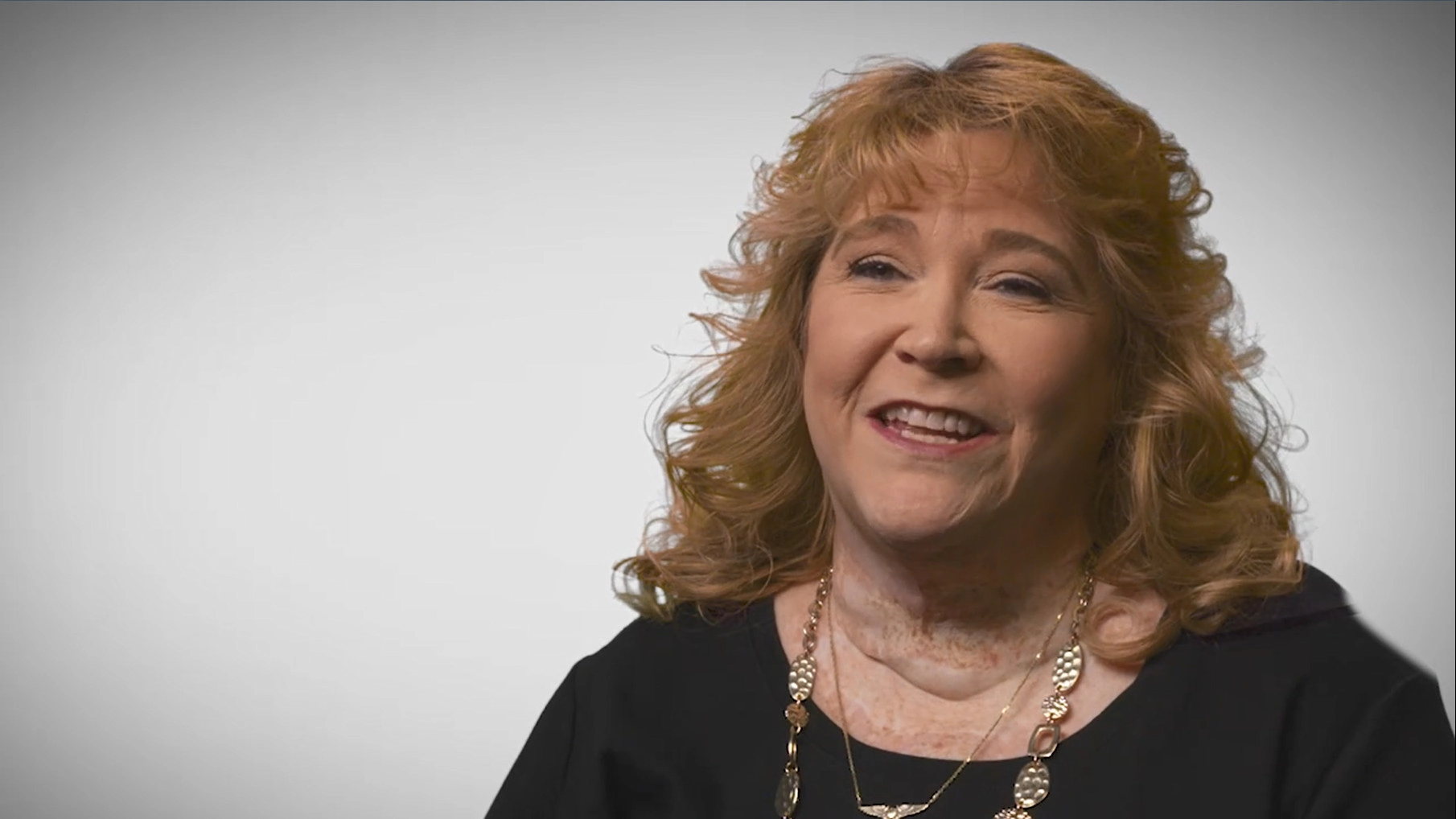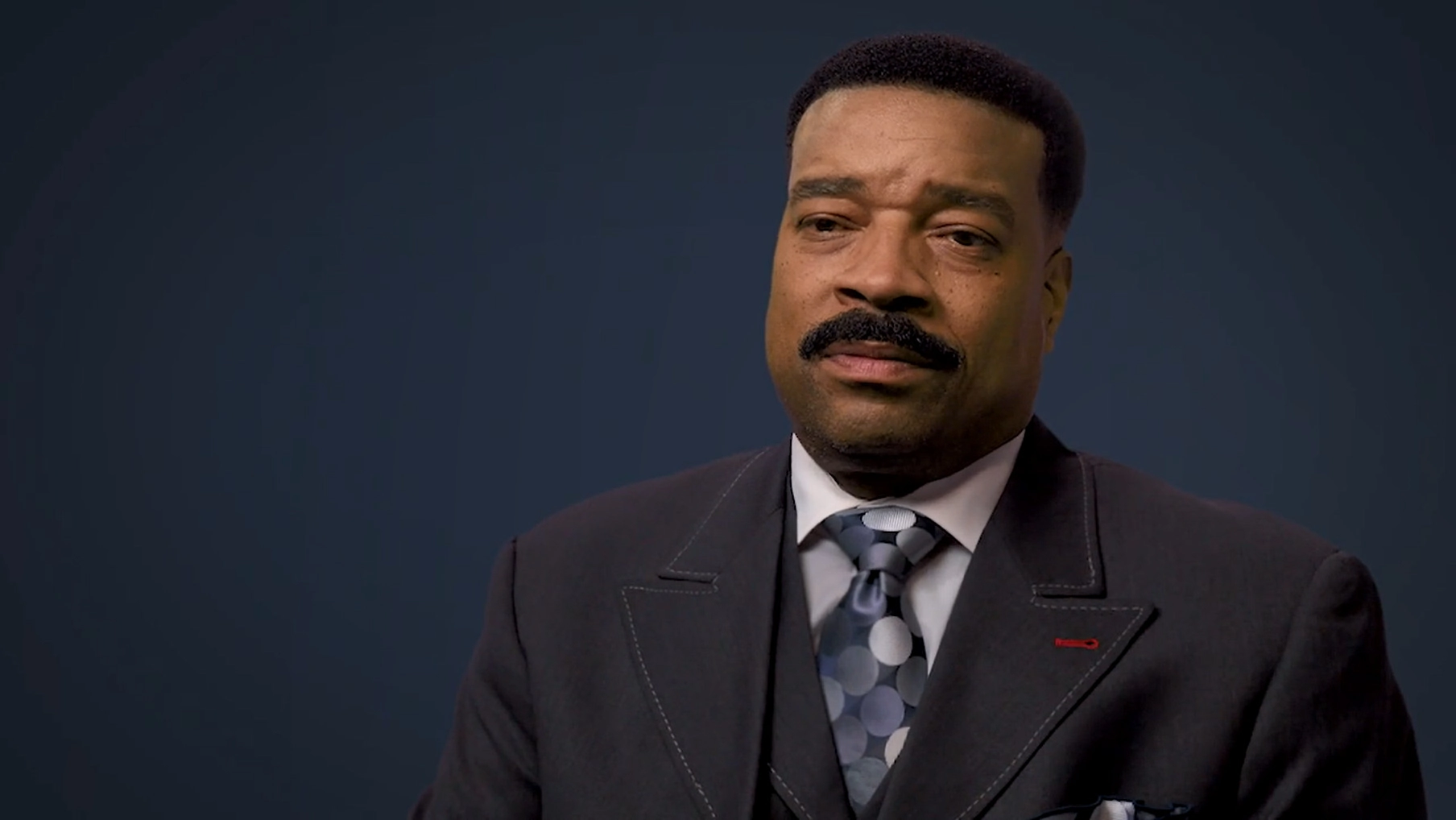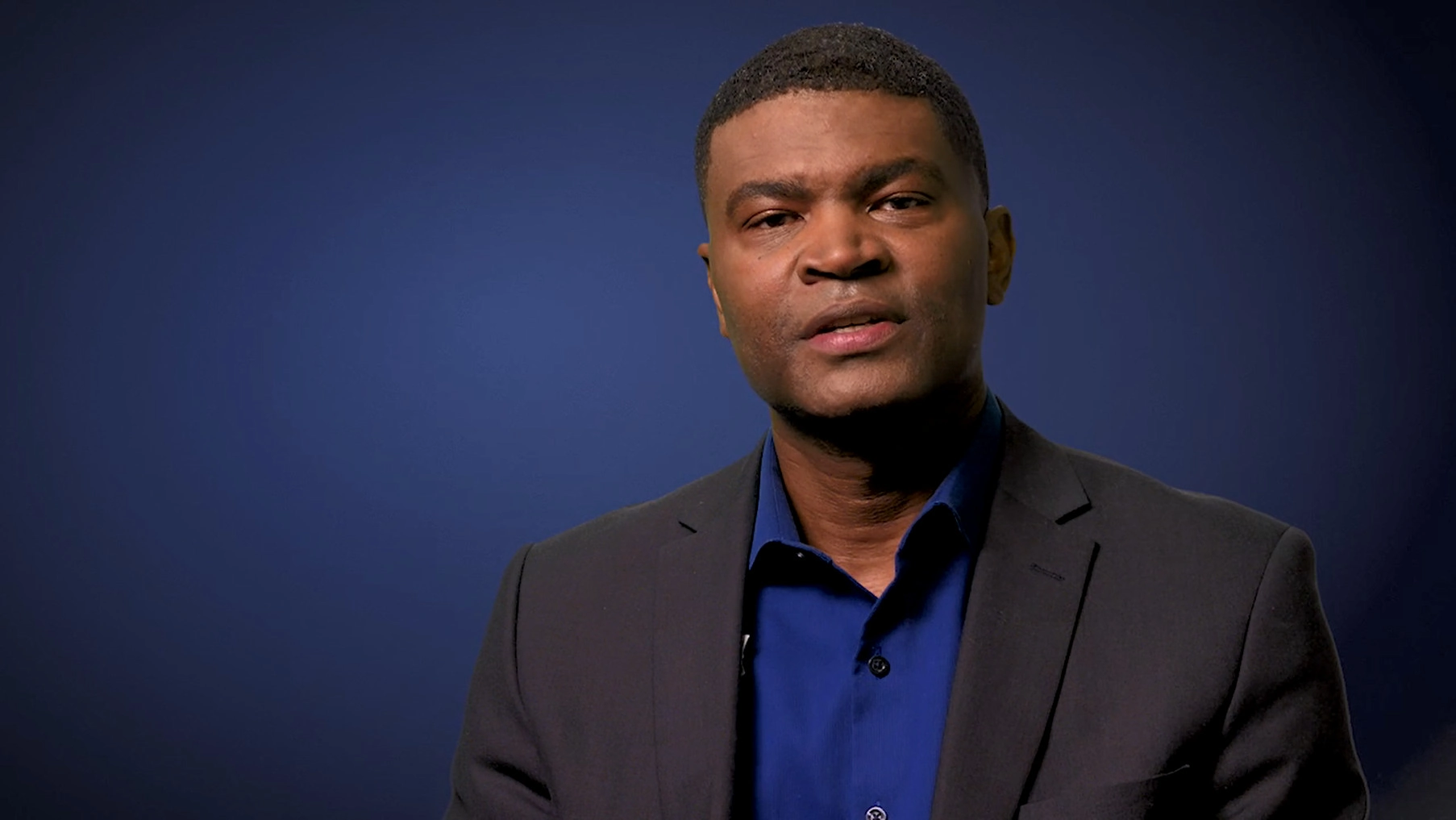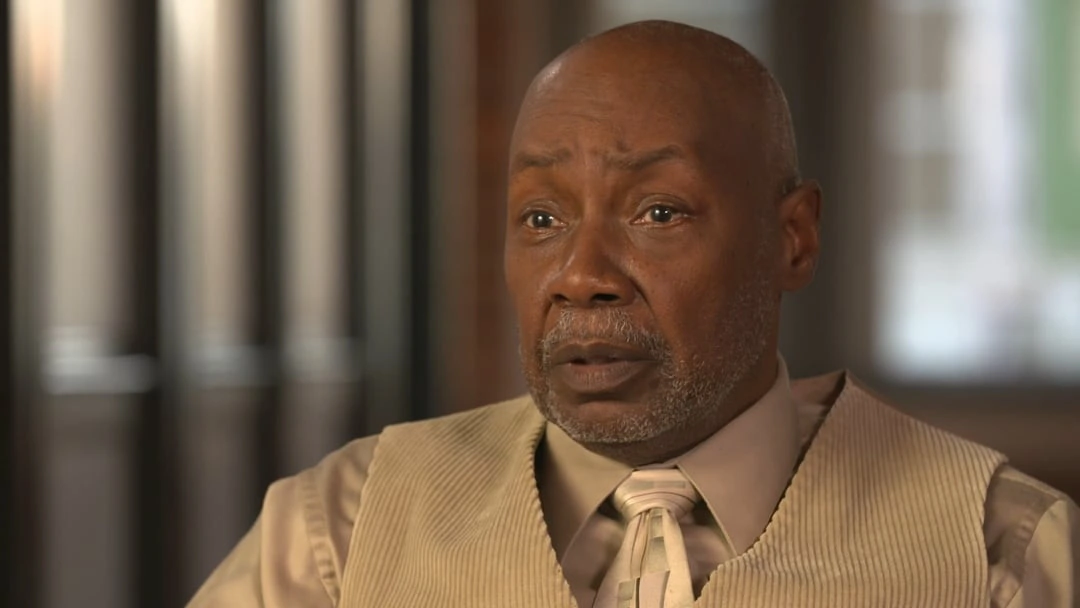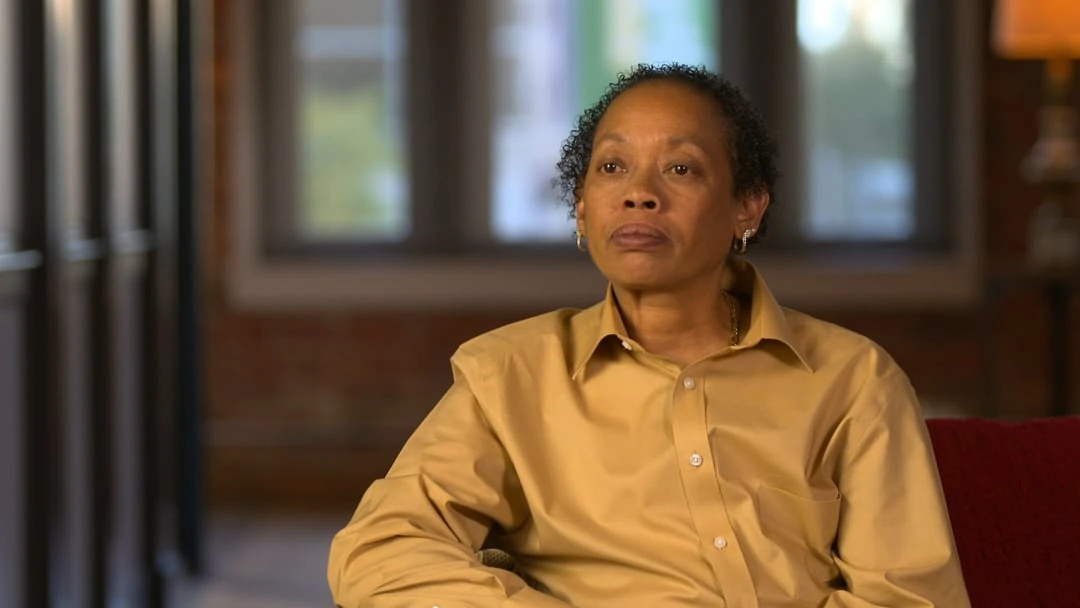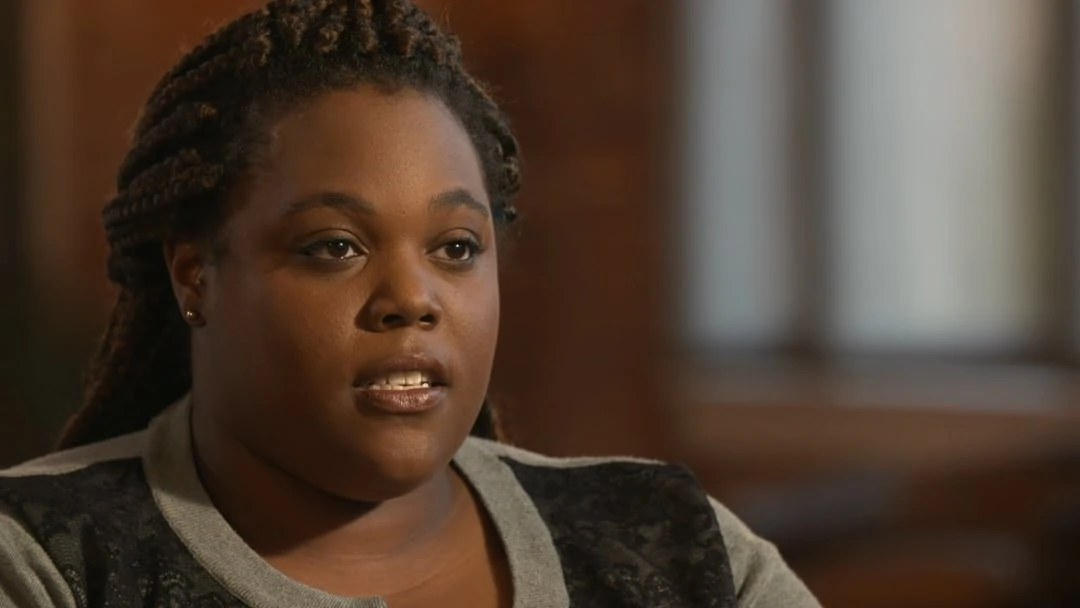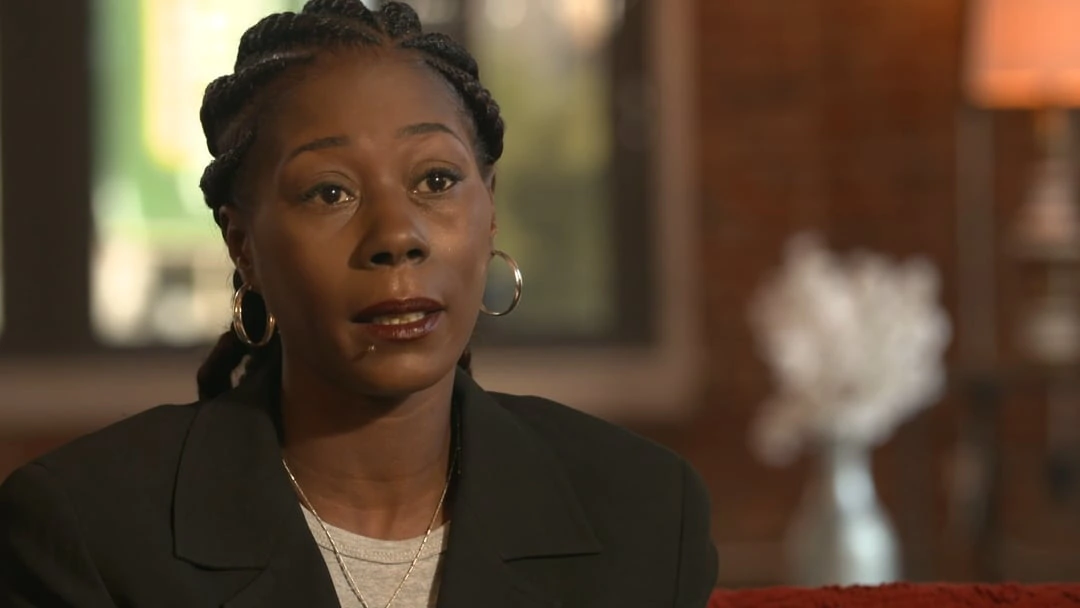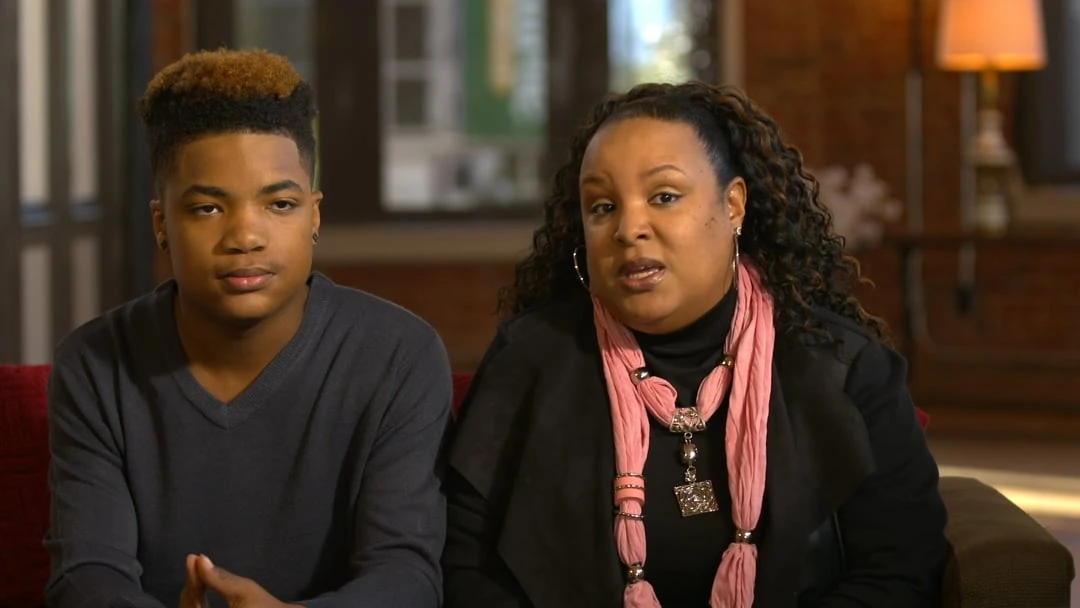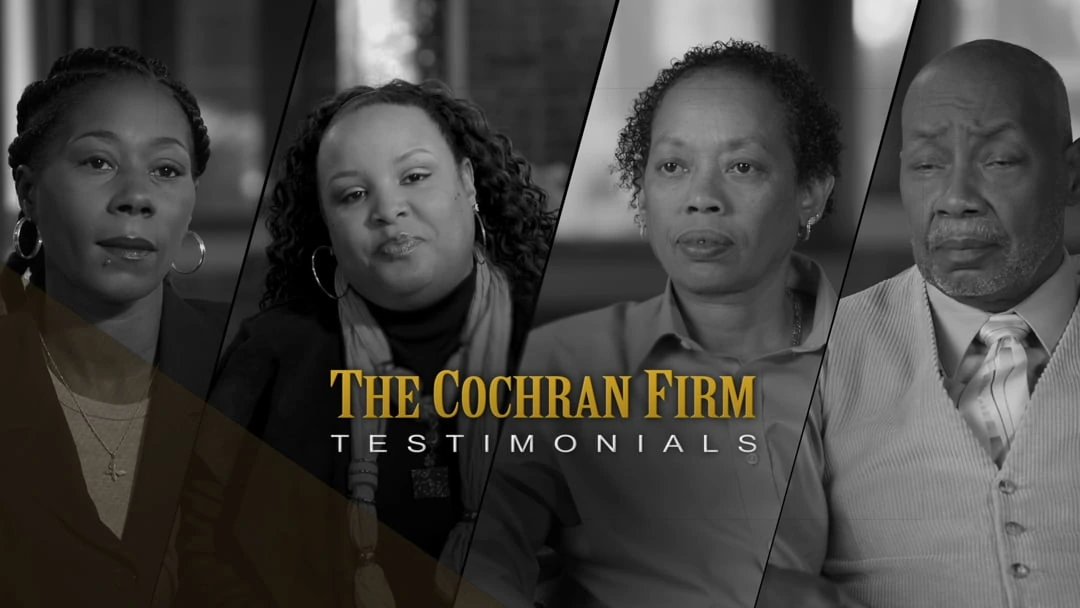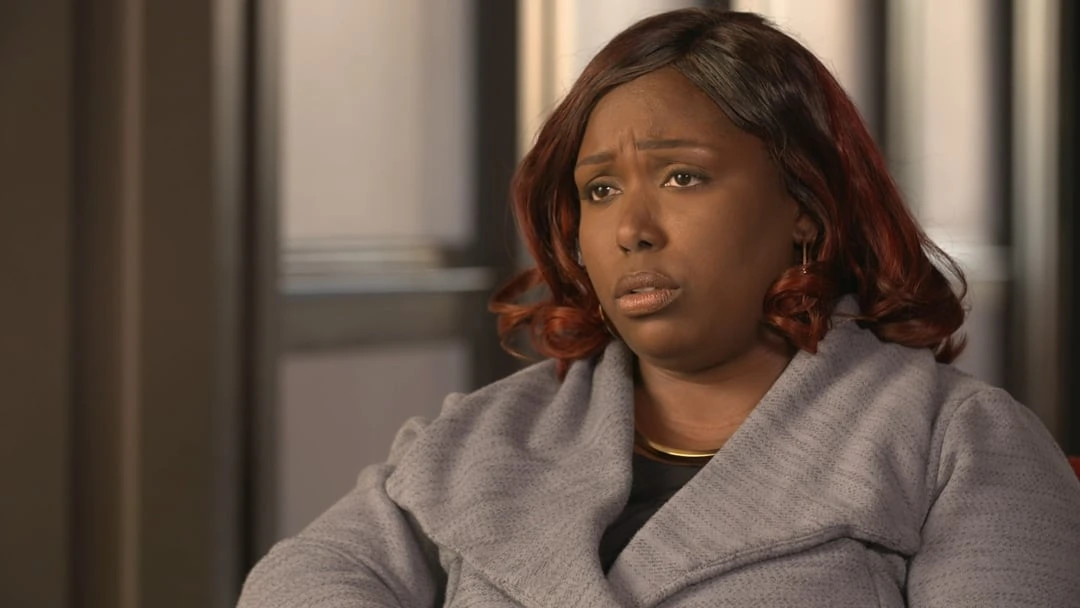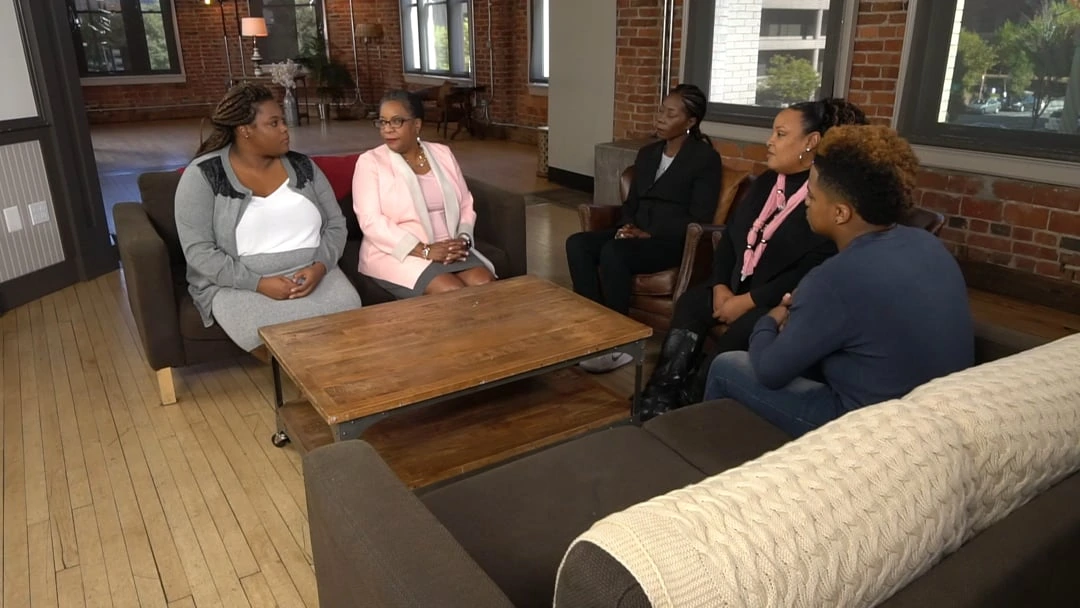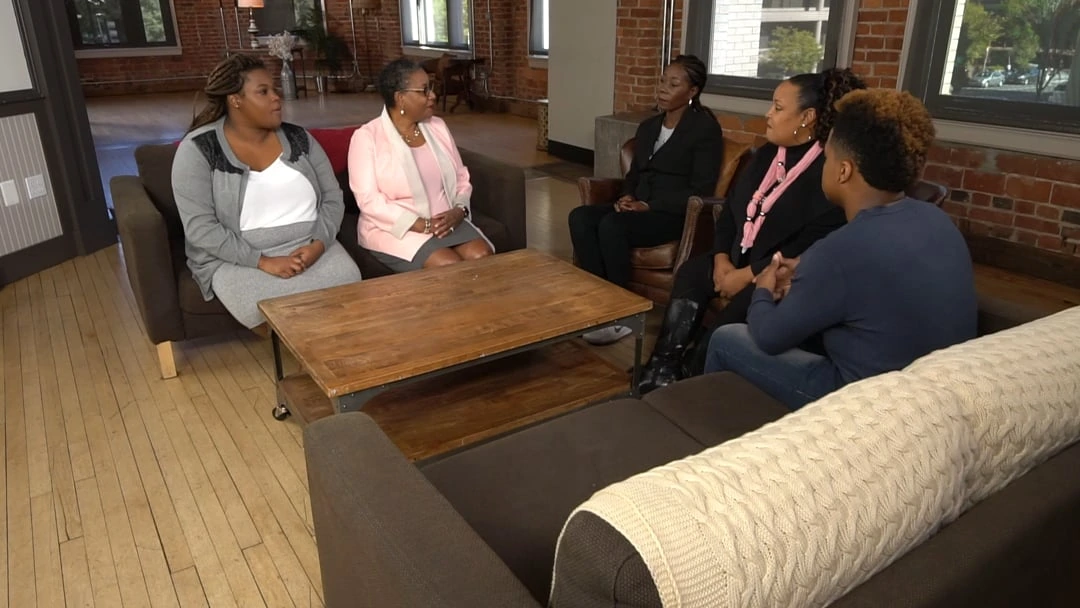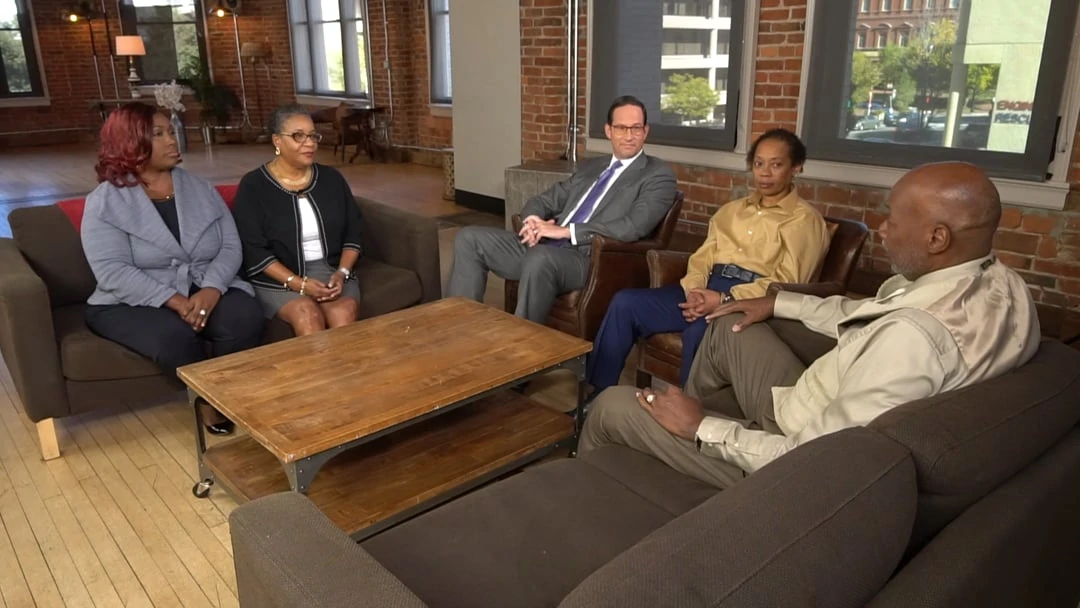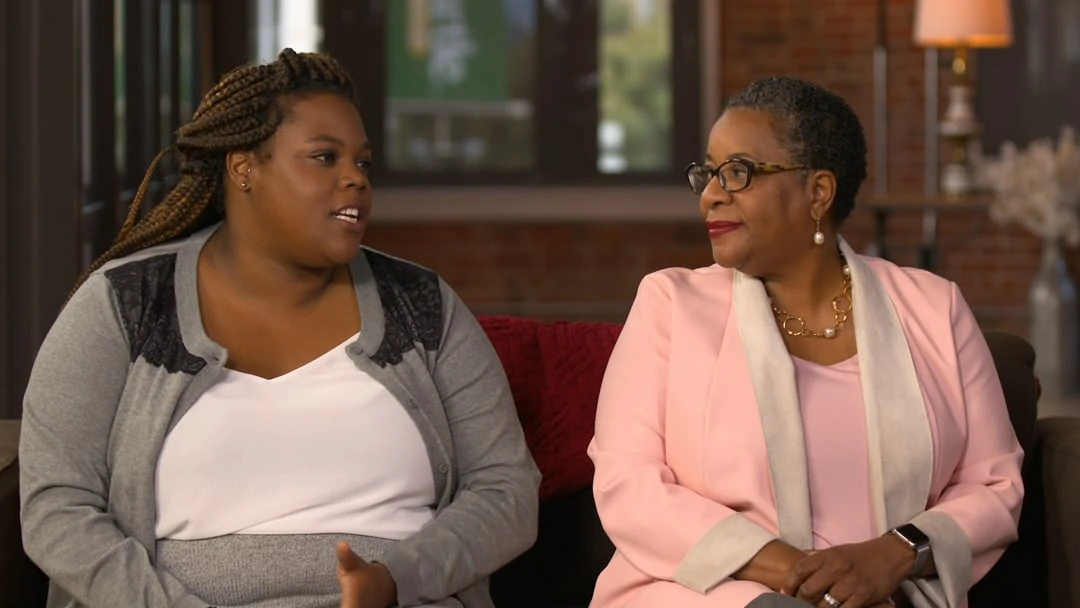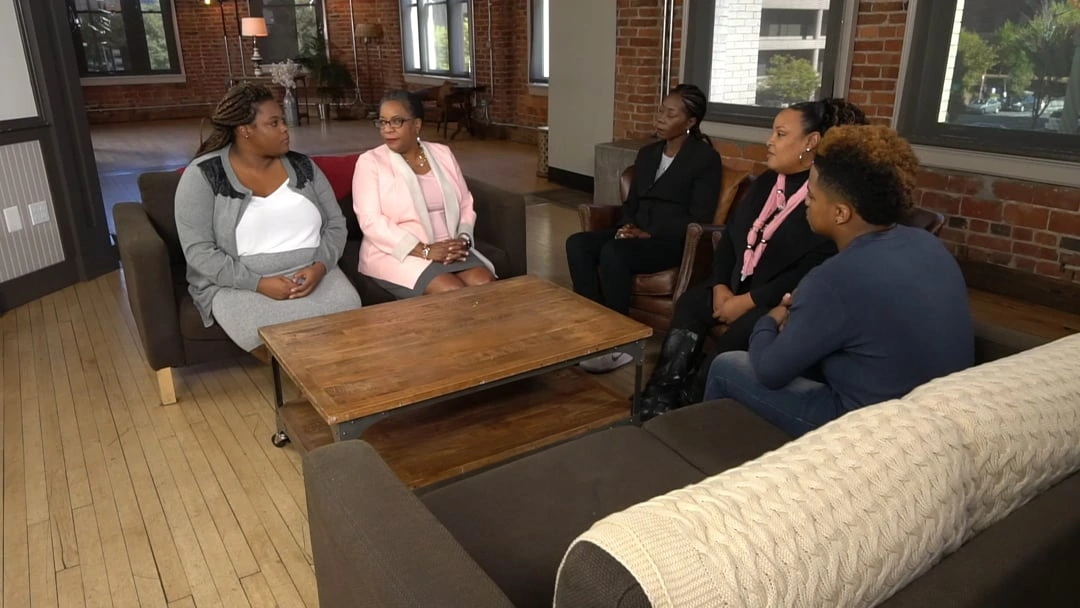Losing a loved one is an unimaginable tragedy, but when that loss is a result of someone else's negligence or wrongful actions, the pain and injustice can be overwhelming. In such difficult times, it's essential to seek the assistance of an experienced attorney who specializes in wrongful death cases.
What is a Wrongful Death?
A wrongful death occurs when an individual dies due to the negligence, intentional actions, or misconduct of another person or entity. A wrongful death lawsuit is a legal action that arises when someone dies as a result of the negligent, reckless, or intentional actions of another party.
Typically, the surviving family members or representatives of the deceased person want to file these lawsuits. The purpose of a wrongful death lawsuit is to seek compensation for the losses and damages suffered by the surviving family members due to the untimely death of their loved one.
While several circumstances can lead to a wrongful death claim, wrongful death can be difficult to establish on your own. To establish a wrongful death claim, the plaintiff typically needs to demonstrate that the defendant's actions or negligence directly caused the death and that the death resulted in damages for the surviving family members or the estate.
At The Cochran Firm, we understand the profound emotional and financial toll that wrongful death can take on a family. Our dedicated team of attorneys is here to provide you with the guidance, support, and legal expertise needed to pursue justice for your loved one.
Why Choose The Cochran Firm?
- Compassion and Understanding - We know that no amount of compensation can ever truly replace the loss of a loved one. Our team approaches every case with empathy and understanding, ensuring you have an advocate who cares.
- Legal Expertise - Our attorneys are highly skilled and experienced in wrongful death cases. We have a deep understanding of the legal intricacies and complexities involved, enabling us to build strong cases for our clients.
- Proven Track Record - We have successfully represented numerous clients in wrongful death cases, securing substantial settlements and verdicts over the years. Our track record speaks to our commitment to achieving justice for grieving families.
- Personalized Approach - Every wrongful death case is unique, and we tailor our approach to your specific circumstances. We work closely with you to gather evidence, consult with experts, and build a compelling case that reflects the individuality of your situation.
Types of Wrongful Death Cases:
Our attorneys handle a wide range of wrongful death cases, including but not limited to:
- Medical Malpractice - A healthcare provider's negligence, including medication errors, leads to a patient's death.
- Motor Vehicle Accidents - Fatalities resulting from car, truck, motorcycle, or pedestrian accidents caused by another party's recklessness.
- Workplace Accidents - Deaths occurring due to unsafe working conditions or employer negligence.
- Product Liability - Fatalities caused by defective or dangerous products.
- Premises Liability - Wrongful deaths resulting from hazardous property conditions or inadequate security.
Who Can File a Wrongful Death Suit in Washington DC?
In Washington DC, the District of Columbia's Wrongful Death Act governs the right to file a wrongful death claim. The Act specifies who is eligible to bring a wrongful death lawsuit and under what circumstances. Here are the key points:
- Personal Representative - The personal representative of the deceased person's estate is usually authorized to bring a wrongful death claim. This representative is typically appointed in the decedent's will or by the court if there is no will. The personal representative acts on behalf of the surviving family members and the estate.
- Surviving Family Members - The Wrongful Death Act identifies the surviving spouse, domestic partner, children, and, in some cases, parents or siblings as individuals who are eligible to recover damages through a wrongful death lawsuit, depending on the circumstances.
- Dependency Requirement - The law often requires that the eligible family members demonstrate a financial dependence on the deceased person, proving they relied on the deceased person for financial support.
It's important to note that the laws regarding wrongful death can be complex, and the eligibility criteria may vary depending on the specific circumstances of the case. Consulting with an attorney experienced in wrongful death cases in Washington DC is crucial to understanding your rights and navigating the legal process effectively.
Statute of Limitations
Statutes of limitations are laws that set a time limit within which a legal action must be filed. The right to sue may be lost if the action is not filed within the prescribed time frame.
In Washington DC, the statute of limitations for wrongful death cases is generally three years. Therefore, it is advisable to file a wrongful death lawsuit within three years from the date of the person's death. However, it's crucial to consult with a legal professional to ensure you have the most up-to-date and accurate information because laws can change, and there may be specific nuances or exceptions to consider.
If you are considering filing a wrongful death claim, consult with an attorney as soon as possible to understand the applicable statute of limitations and to initiate the legal process promptly. Missing the deadline imposed by the statute of limitations can result in the loss of the right to pursue a wrongful death claim.
Wrongful Death Legal Process
The legal process for a wrongful death case can be complex and involves several key stages.
- Consultation with an Attorney - The process often begins with the surviving family members or the personal representative of the deceased person's estate consulting with an experienced wrongful death attorney. The attorney can provide guidance on the case's viability and explain the available legal options.
- Investigation - The attorney and their team will conduct a thorough investigation to gather evidence related to the incident that caused the death. This investigation may involve reviewing medical records, accident reports, witness statements, and other relevant documents.
- Identification of Liable Parties - The attorney works to identify the parties who may be legally responsible for the wrongful death. These parties could include individuals, businesses, or entities whose actions or negligence contributed to the fatal incident.
- Filing the Lawsuit - If the attorney determines that there are grounds for a wrongful death claim, they file a lawsuit on behalf of the surviving family members or the estate against the responsible parties. The complaint outlines the legal basis for the claim, and the damages sought.
- Discovery - Both sides engage in a process called discovery, during which they exchange information and evidence relevant to the case. This process may include depositions, interrogatories, and requests for documents.
- Negotiation and Settlement - In many cases, parties may engage in settlement negotiations to resolve the case before it goes to trial. If the parties reach an agreement, then the case is settled, and the surviving family members receive compensation.
- Trial (if necessary) - If they cannot reach a settlement, the case proceeds to trial. During the trial, both parties present their evidence, witnesses testify, and the judge or jury determines liability and assesses damages.
- Judgment and Appeal - If the court rules in favor of the plaintiff, a judgment is entered, and damages are awarded. The losing party may have the right to appeal the decision to a higher court.
- Distribution of Damages - Once damages are awarded, the court oversees the distribution of compensation to the surviving family members or the estate, often in accordance with the law and the terms of any settlements.
Survivor Actions and Wrongful Death
A wrongful death lawsuit and a survivor action suit are two distinct legal actions that may arise in the aftermath of a person's death due to the actions or negligence of another party. These actions serve different purposes and involve different parties seeking different types of damages. Here's an overview of each:
Wrongful Death Lawsuit
A wrongful death lawsuit is typically filed by the surviving family members or the deceased person's estate. The primary purpose is to seek compensation for the losses suffered by the surviving family members as a result of the individual's death. Damages in a wrongful death case may include funeral expenses, medical bills, lost financial support, loss of companionship, and other related losses.
The person bringing the lawsuit is often a designated representative of the deceased person's estate, such as an executor or administrator. The damages awarded aim to compensate the surviving family members for their losses and hardships resulting from the death.
Survivor Action (or Survival Action) Lawsuit
On the other hand, a survivor action is a legal action that the deceased person's estate may bring on behalf of the deceased person. Unlike a wrongful death lawsuit, a survivor action is not focused on the losses suffered by the surviving family members but rather on the damages the deceased person endured before their death.
Damages in a survivor action may include pain and suffering, medical expenses incurred before death, and other losses experienced by the deceased person. The damages awarded in a survivor action become part of the deceased person's estate and are distributed according to the decedent's will or applicable intestacy laws.
In summary, while both wrongful death and survivor action lawsuits arise from the death of an individual, they have different focuses and are brought by different parties:
- A wrongful death lawsuit is brought by surviving family members seeking compensation for their losses resulting from the death.
- A survivor action lawsuit is brought by the estate of the deceased person, seeking damages on behalf of the decedent for losses experienced before death.
Laws regarding wrongful death and survivor actions vary by jurisdiction, so it's essential to consult with legal professionals familiar with the laws applicable in the specific jurisdiction where the case is filed.
Loss of Chance Doctrine
This doctrine acknowledges that when a professional's negligent actions reduce a person's chance of a favorable outcome, the individual may have a legal claim, even if the harm is not certain.
In a traditional negligence case, a plaintiff is generally required to prove that the defendant's actions were the direct cause of the harm suffered. However, the loss of chance doctrine recognizes that in some situations, it may be challenging to establish a direct causal link between the defendant's actions and the harm suffered.
For example, if a delayed diagnosis reduces a patient's chances of survival or a positive outcome, a patient may pursue a legal claim through a loss of chance doctrine. They may pursue the claim even if there is no direct evidence that negligence caused the harm.
Evidence to Help With a Wrongful Death Case
In a wrongful death case, gathering strong and relevant evidence is crucial to building a compelling legal claim. The type of evidence that can be helpful in such cases may vary depending on the circumstances, but here are some common types of evidence that can strengthen a wrongful death case:
- Medical Records - Detailed medical records can help establish the cause of death and link it to the actions or negligence of the defendant. These records may include the deceased person's treatment, diagnoses, and any complications.
- Autopsy Reports - An autopsy report can provide valuable information about the cause of death. It may help determine whether the death resulted from the alleged negligence or wrongful actions.
- Eyewitness Testimony - Statements from individuals who witnessed the events leading to the death can be powerful evidence. Eyewitness testimony can provide a firsthand account of what occurred.
- Expert Testimony - Expert witnesses, such as medical professionals or accident reconstruction experts, can provide opinions on the standard of care, the cause of death, or the negligence involved. Their testimony can be influential in establishing liability.
- Photographic and Video Evidence - Photographs or videos of the scene of the incident, injuries, or other relevant aspects can serve as visual documentation. This evidence can help recreate the events and demonstrate the extent of the harm.
- Documentation of Negligence - Any documents that show negligence on the part of the defendant can be critical. These documents may include incident reports, safety violation records, or other relevant documents.
- Financial Records - Documentation of the financial impact of the death, such as evidence of lost wages or financial support, can be important for calculating damages.
- Witness Statements - Statements from individuals who can attest to the deceased person's character, relationships, or the impact of the loss on the family can help establish the human side of the case.
- Communications and Correspondence - Emails, letters, or other communications demonstrating the defendant's awareness of potential risks or negligence can be valuable evidence.
- Police Reports and Official Documents - Reports from law enforcement or other official agencies can provide additional documentation of the incident and any investigations that took place.
It's essential to work with experienced legal professionals, including attorneys and investigators, to ensure that evidence is collected and presented effectively in accordance with the relevant laws and regulations. The strength of a wrongful death case often hinges on the quality and admissibility of the evidence presented.
Compensation for Wrongful Death
While no amount of money can truly compensate for the loss of a loved one, pursuing a wrongful death claim can provide financial relief for the surviving family. Compensation may cover:
- Funeral and burial expenses.
- Medical bills related to the deceased's final treatment.
- Loss of financial support and inheritance.
- Emotional and psychological suffering.
- Punitive damages in cases of extreme negligence or intentional harm.
Don’t Go Through Insurance First
Dealing directly with insurance companies might have downsides. It's essential to consider the circumstances and consult with legal professionals before making decisions. Here are some reasons why some individuals may choose to pursue a wrongful death claim without immediately involving insurance companies:
- Full Compensation - Insurance settlements may not always cover the full extent of damages suffered by the surviving family members. By pursuing a legal claim, individuals can seek compensation for various losses, including medical expenses, funeral costs, lost income, pain and suffering, and loss of companionship.
- Complexity of Damages - Wrongful death cases can involve complex calculations of damages, including future lost earnings, future medical expenses, and non-economic damages. Working with legal professionals can help ensure all applicable damages are considered in the claim.
- Preserving Legal Options - Once an insurance settlement is accepted, it may prevent the pursuit of further legal action. If later developments reveal additional information about the case or the initial settlement proves insufficient, having already accepted a settlement could limit legal options.
- Liability Issues - Insurance settlements may not address issues of liability or accountability. Pursuing a legal claim allows for a more comprehensive examination of the circumstances leading to the wrongful death and may hold the responsible parties accountable through legal processes.
- Insurance Company Interests - Insurance companies may prioritize their own interests and seek to minimize payouts. Working with an attorney can help ensure that the interests of the surviving family are adequately represented and negotiations are conducted on a level playing field.
- Legal Guidance - Wrongful death claims involve complex legal procedures and requirements. Legal professionals can provide valuable guidance, ensuring all necessary steps are taken to build a strong case and pursue fair compensation.
- Statute of Limitations - There are time limits, known as statutes of limitations, within which a wrongful death claim must be filed. Failing to meet these deadlines can result in losing the right to pursue legal action. Seeking legal advice early in the process helps ensure compliance with these deadlines.
It's essential to note that each case is unique, and the decision to involve insurance or pursue a legal claim directly should be based on a careful assessment of the specific circumstances.
Let Us Be Your Advocates
At The Cochran Firm in Washington DC, we are committed to being your advocates during this difficult time. We'll handle the legal complexities of your wrongful death case, allowing you to focus on healing and spending time with your family.
If you have lost a loved one due to another party's negligence, please get in touch with us for a free consultation. Our experienced attorneys are here to help you seek justice and hold those responsible accountable for their actions. Together, we can ensure that your loved one's memory is honored and their legacy preserved through the pursuit of justice.
Contact Us Today
